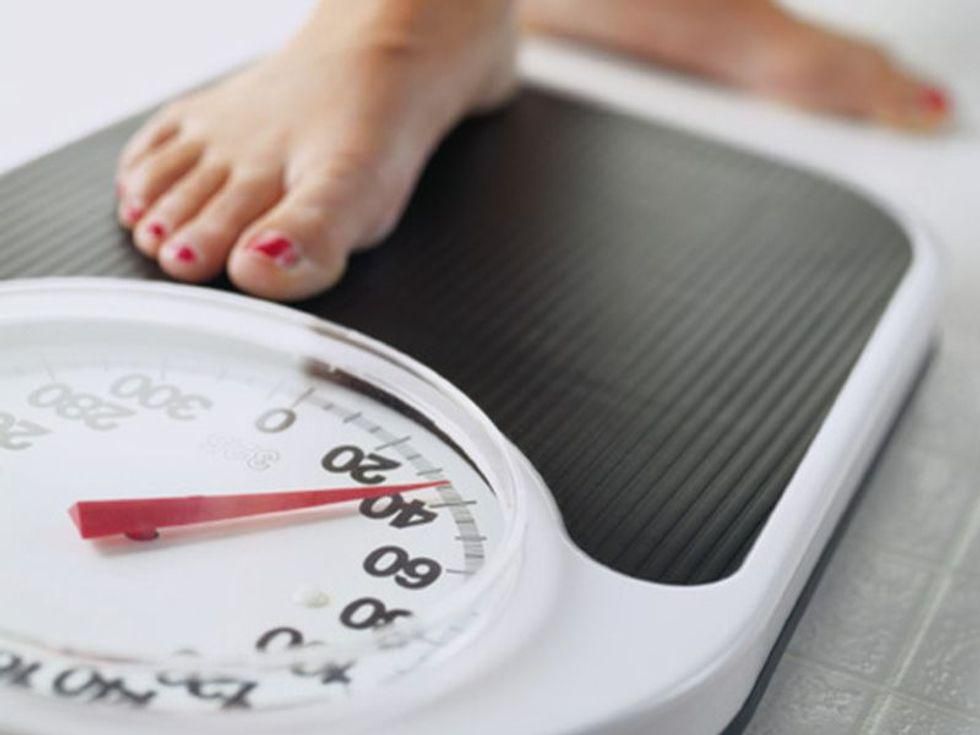
WEDNESDAY, Aug. 4, 2021 (HealthDay News) – If you’re like many people, your waistline has expanded during the pandemic.
“The world shut down,” said Heather Tressler, a registered dietitian at the Penn State Celiac Clinic at Penn State Health’s Milton S. Hershey Medical Center. “Maybe you didn’t change what you ate, but you became less active.”
Lately, Tressler says she’s seeing patients — adults and children — who have gained 20 to 40 pounds during the pandemic.
A study published this spring in the journal JAMA Network Open found that among 270 middle-aged men and women, they had gained an average of 1.5 pounds per month between February and June 2020.
Now may feel like the right time to shed that extra pants size, but it’s important to approach it in a healthy way.
Tressler offered three tips to safely get started: forget the fads, don’t become too obsessed with calories, and exercise alone is not enough.
Though fad diets might sound appealing and bring you short-term weight loss, they’re not sustainable, Tressler explained. Some are even risky. A diet that emphasizes a high fat intake, for example, could lead to spikes in cholesterol.
Don’t be entirely focused on weight. “A scale really only measures the Earth’s gravitational pull on your body,” Tressler said in a Penn State news release.
It’s more important to know your numbers — cholesterol, triglycerides, blood pressure, she said. They’ll give you a better picture of your health and the safest ways to lose weight.
Losing weight is basic subtraction and requires eating less than you need to maintain your weight. Age, gender and activity levels also make a difference in the number of calories you need to maintain or lose weight.
App stores and websites offer calculators to help you keep track. Tressler suggested the Harris-Benedict equation, which can calculate how many calories your body would need if it rested for 24 hours. Just don’t become too numbers-focused, she said.
“It can become very restrictive,” Tressler said, and can lead to eating disorders.
Tressler recommends “intuitive eating” based on lifestyle needs. “There are no bad foods,” she said, “only bad portions.”
The vast majority of weight loss can be controlled by what you eat, Tressler said. Some websites and articles say losing weight is the result of 80% diet and 20% exercise.
Exercise also is good for heart health, muscles and well-being. Tressler suggests 30 minutes per day, five days a week, of something you like such as dancing or walking, and then pairing that with a healthy, sensible eating plan.
“Maintain a balance,” Tressler said.
More information
The U.S. Department of Agriculture offers some tips on healthy eating.
SOURCE: Penn State Health, news release, July 29, 2021
Source: HealthDay

Leave a Reply